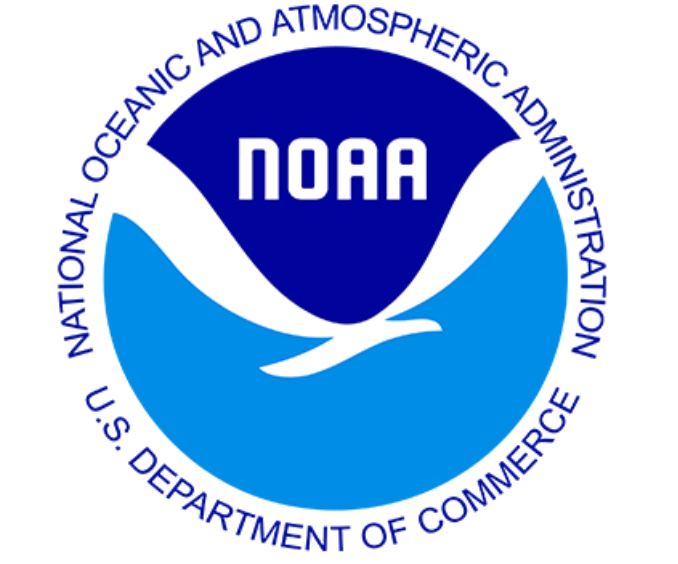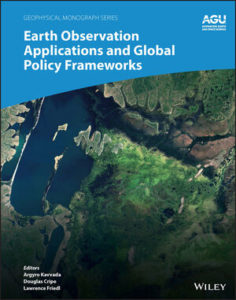The candidate accepting the position must reside in the U.S., be a U.S. citizen or permanent resident, and undergo a background check to meet NOAA security requirements.
Work Location: UC Santa Cruz Main Campus / Off Campus, Can be fully remote, hybrid or office-based. If not residing in Alaska, must willing to travel to Alaska (1-2 trips/year) to meet with PolarWatch stakeholders.
The University of California, Santa Cruz seeks a program manager to serve as the PolarWatch Coordinator (https://polarwatch.noaa.gov) for the National Oceanic and Atmospheric Administration’s (NOAA) CoastWatch program (https://coastwatch.noaa.gov/). The PolarWatch Coordinator will engage user groups working in Alaskan, Arctic, and Antarctic waters to determine their satellite product needs, plus provide the tools, training, and support to use these products.
The first review of application begins on August 15, 2022, but applications will be accepted until the position is filled. UC Santa Cruz is advertising parallel recruitments for the PolarWatch Coordinator position to increase hiring options. Applicants are encouraged to apply to both the staff and academic recruitment paths.
Position description and staff position recruitment path instructions:
https://careerspub.universityofcalifornia.edu/psp/ucsc/EMPLOYEE/HRMS/c/HRS_HRAM.HRS_APP_SCHJOB.GBL?Page=HRS_APP_JBPST&Action=U&FOCUS=Applicant&SiteId=11&JobOpeningId=40275&PostingSeq=1
Academic recruitment path instructions (please reference the PolarWatch Coordinator position in the cover letter): https://recruit.ucsc.edu/JPF01157




